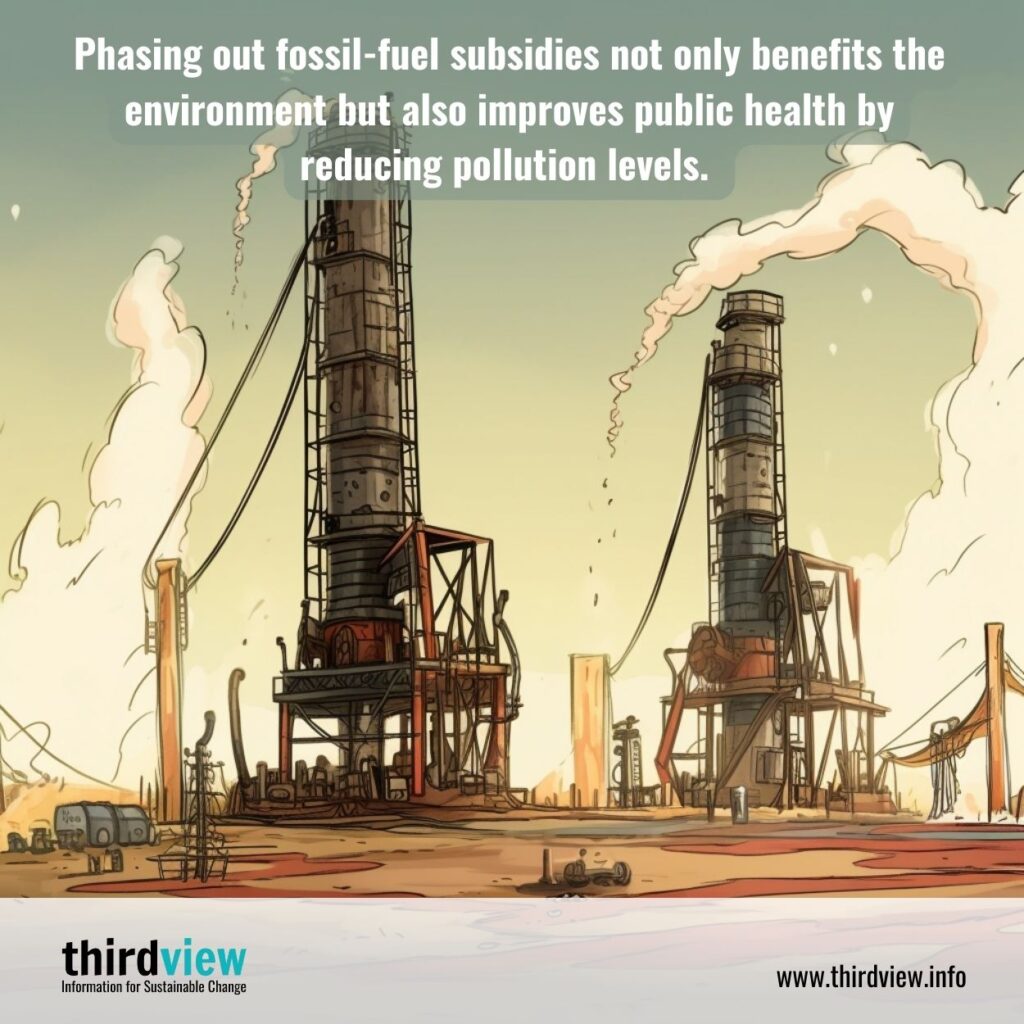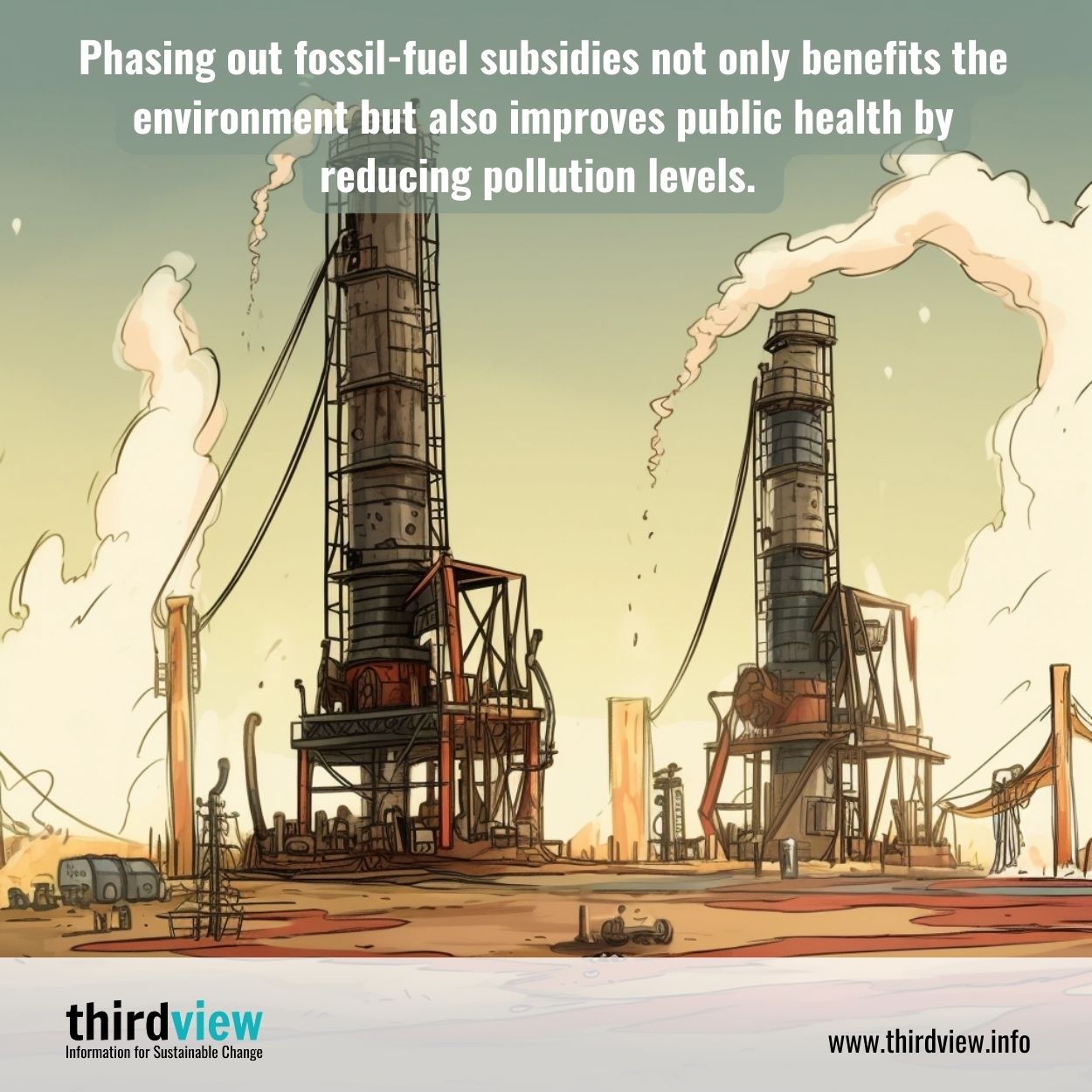Climate change is a looming threat that governments across the globe are grappling with. In response to the Paris Agreement, many countries pledged to curb greenhouse gas emissions and transition towards clean energy sources. The irony, however, lies in the fact that while many countries claim to be committed to climate action, they still continue to pump billions of dollars in subsidies to fossil-fuel companies. This not only sends mixed signals but also exacerbates the issue of climate change. Phasing out fossil-fuel subsidies can bring a plethora of benefits to the economy. In this blog, we’ll delve into some of the essential economic benefits of such a move.
Reduced Budget Deficit
Fossil-fuel subsidies put a significant dent in the government’s budget, affecting other essential social programs like education and healthcare. According to the International Monetary Fund (IMF), global fossil-fuel subsidies were estimated to be around $5.9 trillion in 2020, which amounts to about 6.8% of the global GDP. Phasing out these subsidies can free up funds that can then be redirected towards public welfare programs, thus creating a budget surplus.
Promotes Green Investment
Halting the subsidies for fossil fuels can lead to higher investment in green technologies and renewable energy. This will create a cascade of opportunities in the market, leading to the creation of new jobs in the clean energy sector and a host of associated industries. More investment in clean energy would also spur innovation in green technologies, making them more affordable and accessible to people.
Alleviation of Poverty
In many countries, subsidies intended for fossil fuels are often redirected to the elite and wealthy segments of society. In contrast, the underprivileged sectors are neglected and do not benefit from these resources. Redirecting financial resources towards more equitable and environmentally friendly industries can help alleviate poverty and reduce social inequality.
Health Benefits
Fossil-fuel subsidies not only increase greenhouse gas emissions that exacerbate climate change, but they can also lead to higher levels of air and water pollution. This pollution can be detrimental to human health, resulting in higher rates of respiratory illnesses, heart diseases, and cancer. By encouraging green energy technologies, we can reduce pollution levels, creating a healthier and more sustainable environment.
Long-term Fiscal Savings
Phasing out fossil-fuel subsidies can lead to long-term savings in the budget. By investing in renewable energy, the government would not have to deal with the price volatility that commonly occurs in fossil-fuel markets. Moreover, the usage of renewable energy sources is infinitely sustainable, unlike non-renewable resources like fossil fuels. This would create an efficient and cost-effective energy ecosystem.
Phasing out fossil-fuel subsidies is an essential step towards creating a sustainable and green future for our planet. It would not only serve the purpose of curbing greenhouse gas emissions but also create a plethora of economic benefits that we cannot afford to overlook. By reducing the budget deficit, promoting green investment, alleviating poverty, improving public health, and creating long-term fiscal savings, we can transition towards a greener, healthier, and more equitable global economy. Governments and policymakers must recognize the urgency of the climate crisis and act now to bring about the necessary changes that we need to preserve the environment and create a more prosperous future for everyone.


